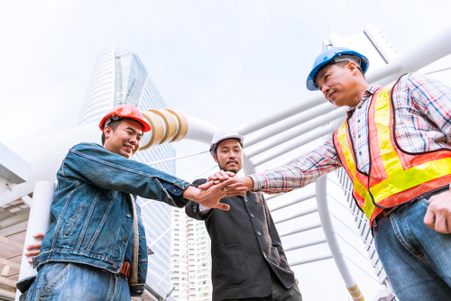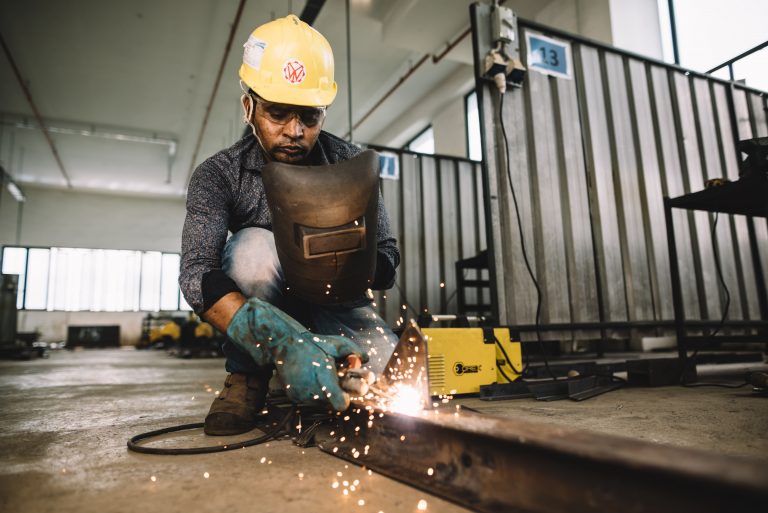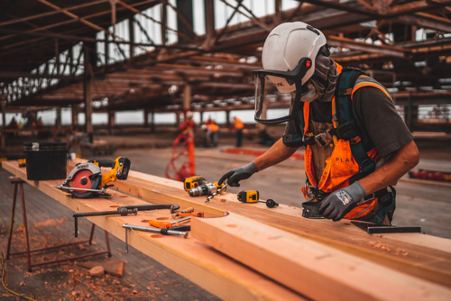Discover the wage landscape for construction workers in Singapore, especially for migrant labor, factors that affect it, and opportunities for advancement.
How Much Does a Construction Worker Earn in Singapore?
The construction industry forms an integral part of Singapore’s infrastructure development, employing thousands of local and migrant workers. Despite the industry’s booming growth, however, wages are still a big concern, especially for workers on-site.
This article will shed light on typical incomes within the sector as well as the various factors that influence these workers’ wages.
Income of Full-Time Construction Workers in Singapore
Based on data from the Ministry of Manpower’s 2022 report on the labor force, the median gross monthly income for full-time employed residents aged fifteen years and over in the construction industry stands at SGD 4,000, excluding Employer CPF contributions.
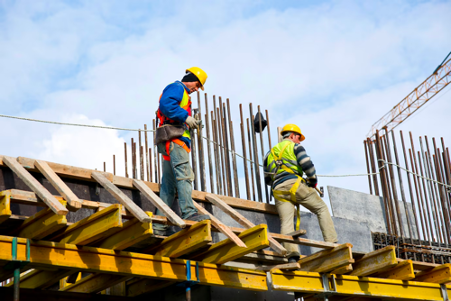
This figure, however, reflects the median earnings across all roles within the construction sector.
A deeper dive into the data reveals a stark disparity when focusing on workers on-site, especially migrant laborers. The median income for all trades workers is markedly lower, standing at SGD 2,450. Many foreign workers have said that they only made SGD 800 or less a month.
When put into a broader perspective with other industries, construction work lags well behind.
For instance, those employed in the manufacturing sector earn a median monthly income of SGD 4,833. Similarly, workers in the services sector earn a median income of SGD 4,500 per month. This data shows the trend of higher remuneration in these industries, despite the physical rigor and essential nature of construction work.
Factors Influencing Salaries of Construction Workers
Skill Level and Specialization

The level of skill and expertise is a significant factor influencing salaries in the construction industry. Workers who possess specialized skills or have undergone extensive training usually earn more.
For example, a highly experienced steel fixer or a crane operator would likely receive higher pay than a general laborer. However, most migrant workers are employed in less-skilled roles, resulting in lower wages.
Experience
Generally, the longer a worker has been in the industry, the more they tend to earn. This is because experienced workers often have a deeper understanding of their work, are more efficient, and can manage complex tasks better.
However, many migrant workers often come to Singapore with little to no prior experience in the construction field. As such, their wages are usually on the lower end of the pay scale.
Employment Schemes
Different employment schemes and work permits come with varying wage structures. The construction industry employs many migrant workers under the Work Permit scheme, which typically sees lower wages compared to the S Pass or Employment Pass schemes.
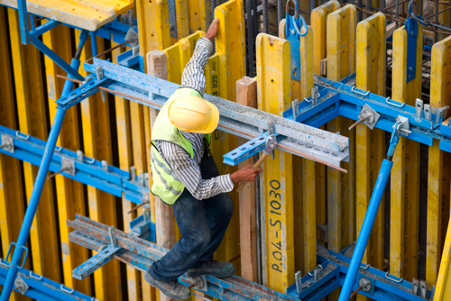
Economic Conditions
During periods of economic downturn or uncertainty, wages can stagnate or even decrease. Migrant workers, due to their vulnerable status, are often the first to be affected by such fluctuations.
Summary
Singapore is an economic powerhouse where the construction industry plays a vital role. Despite its significance, the income of full-time construction workers, particularly those working directly on-site, tends to be lower compared to other sectors.
Nevertheless, there are opportunities for these workers to improve their wage conditions.
One effective strategy is to invest in learning new skills or obtaining industry-specific certifications. Training centers like Aesperon Construction offer courses designed to equip construction workers with the skills they need to navigate and progress in the industry.



